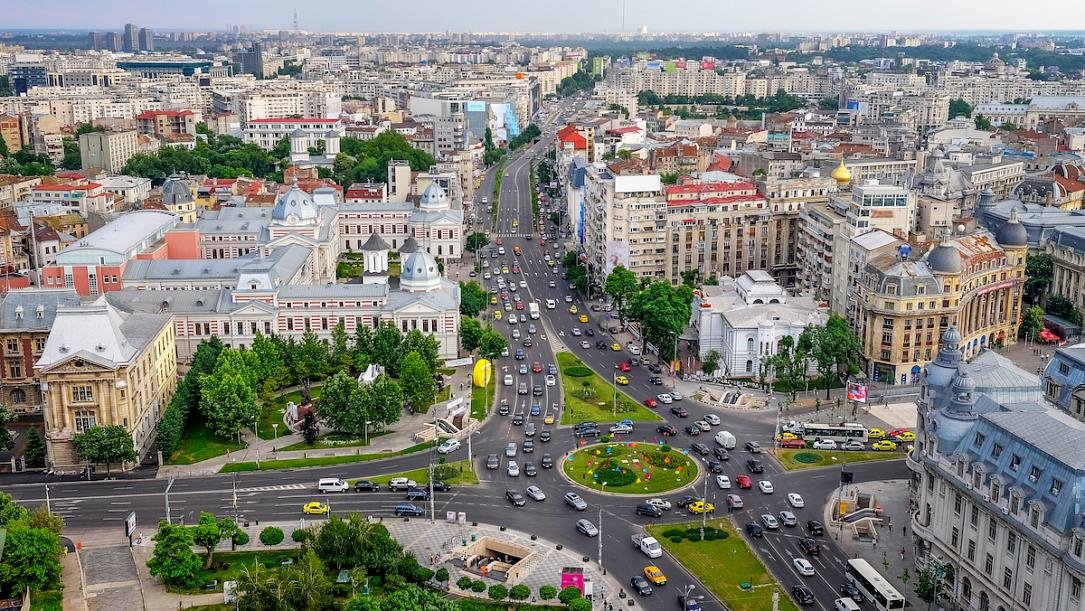
Malta has long been known to have a decent pedigree with virtual gambling regulation. It was the very first EU country to put this type of regulation in place, back in 2004.
The country has successfully built a reputation for the meld of tough control and productive business-friendly policies. Over three hundred international companies have, today, settled there because of its clear and serious legal structure, in addition to the access this destination offers to the European markets. An MGA permit is much more than a simple regulatory go-ahead; it is a strategic asset. It leverages the credibility of a company within the EU, generates trust with financial institutions, and lays a red carpet for multiple partnerships across the iGaming ecosystem.
Why One Choose Malta
For any entity looking to grow in Europe, an MGA permit acts as a powerful tool. Since the region is a full member of the EU, this license is able to service most of the EEA client base with a single approval. This expedites growth efficiently in both time and money.
Additionally, firms authorized here benefit from high market credibility and trust with EU‑based banks and partners. It makes banking relationships and payment processing far easier.
Financially, it is just as attractive. Although the official corporate tax rate is 35%, most authorized firms qualify for a tax refund system that brings the effective rate down to about 5%. Added to that is a mature relationship network of local legal firms, compliance experts, and tech providers.
Types of Permits
The MGA offers several kinds of permits tailored to different business models:
- 1st: For RNG-based games like online slots, virtual table games, and lotteries;
- 2nd: Covers fixed-odds betting, sports platforms, and game provisioning;
- 3rd: For games that involve direct player-to-player interaction;
- 4th: For skill-based games, encompassing fantasy sports and innovative game formats.
In addition, B2B providers that offer gaming software, hosting, or backend systems can apply for a Critical Gaming Supply License. All permits come with demands for system integrity, RNG certification, and back-office infrastructure.
Satisfying the Demands
Getting authorized by the MGA involves adhering to high standards. Applicants must:
- Set up a Malta-registered firm with a regional workplace and at least one resident director;
- Disclose the full ownership structure, including UBOs;
- Show financial readiness, with at least €100,000 in capital for a single gaming activity (€240,000 for multiple);
- Submit a three-year business forecast and prove the source of funds;
- Adopt robust AML and KYC procedures, and fully audited AML/KYC policy templates are included as part of the application package;
- Have their platforms and RNG software tested by certified labs;
- Undergo personal background checks for all key personnel.
How to get permit?
Most of the time, the processing time for the application end-to-end is between 12-16 weeks. It commences with consultation to identify the most suitable type and structure of the permit. After the incorporation of the firm and setting up the bank account by the applicant, documentation will be prepared that requires abidance, business planning, and technical systems.
Post this; the MGA reviews everything, right from finances to security of the platform. It may also ask for an interview or more information. After this is approved, the permit is granted.
Nevertheless, you are able to acquire a ready-made company in Malta with gaming licenses for sale if you want to avert the procedure mentioned above.
Staying Compliant
MGA licensing doesn’t end with the issuing process. There are continuous demands for the operators to keep permits. They encompass:
- Payment of gaming tax;
- Implementation of EU AMLD IV. It means acting as MLRO and reporting any doubtful activity;
- Offering responsible gaming features, such as self-exclusion facilities, deposit limit facilities;
- Maintaining a secure infrastructure with regular audits and tough data safeguard measures in place.
This will be supported by platforms that come with integrated CMS, RNG certification, and back‑office systems for delivering seamless abidance from launch to scale.
Conclusion
Whether you are an emerging business or a well-known name, the region in question offers you an intelligent and cost-effective gateway into one of Europe’s most vibrant gaming markets. Correct planning and proper consultancy will ensure that an MGA permit will provide a solid foundation for success in the long run.







